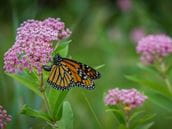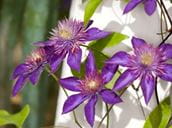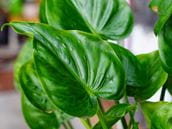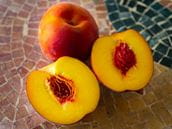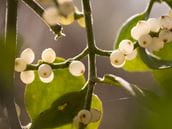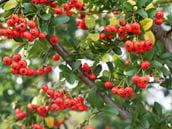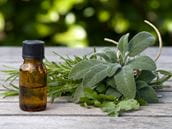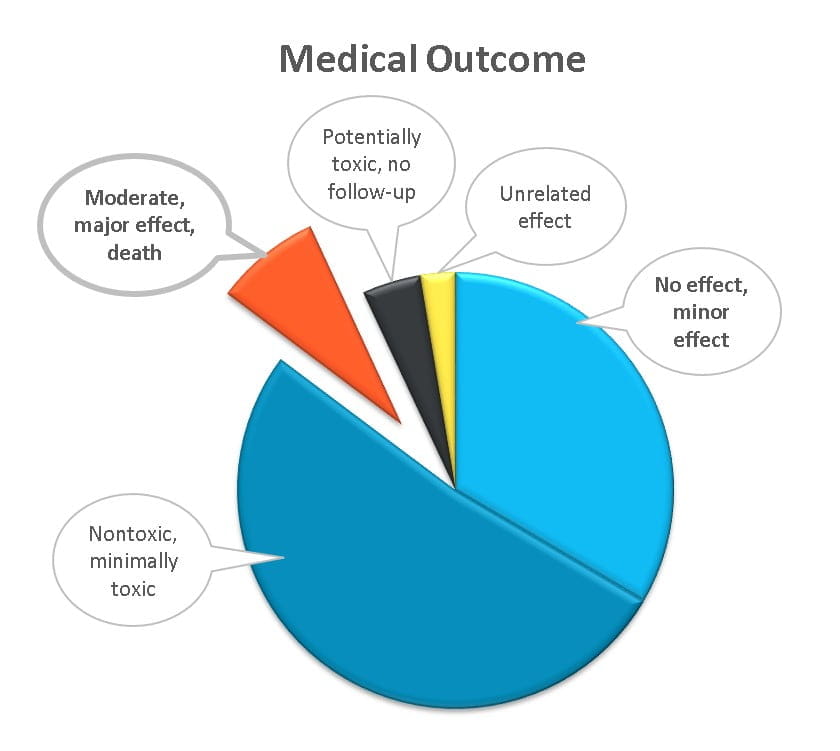
Poisonous and Non-Poisonous Plants
Some plants can be poisonous if you eat them. Others can hurt you if you get them on your skin. For some plants, all parts of the plant are poisonous. For others, only certain parts of the plant are harmful. The danger can range from mild irritation to severe illness or death. Check our our list of selected poisonous and non-poisonous plants.

